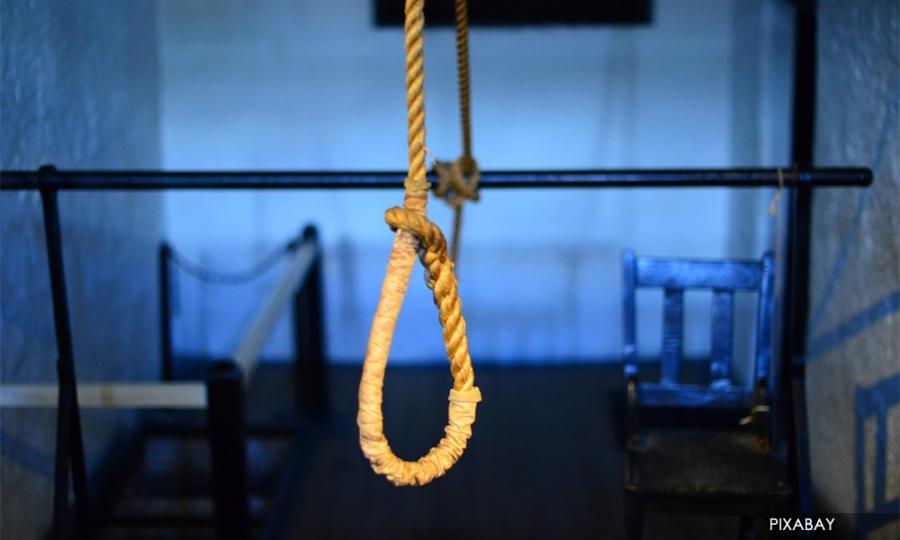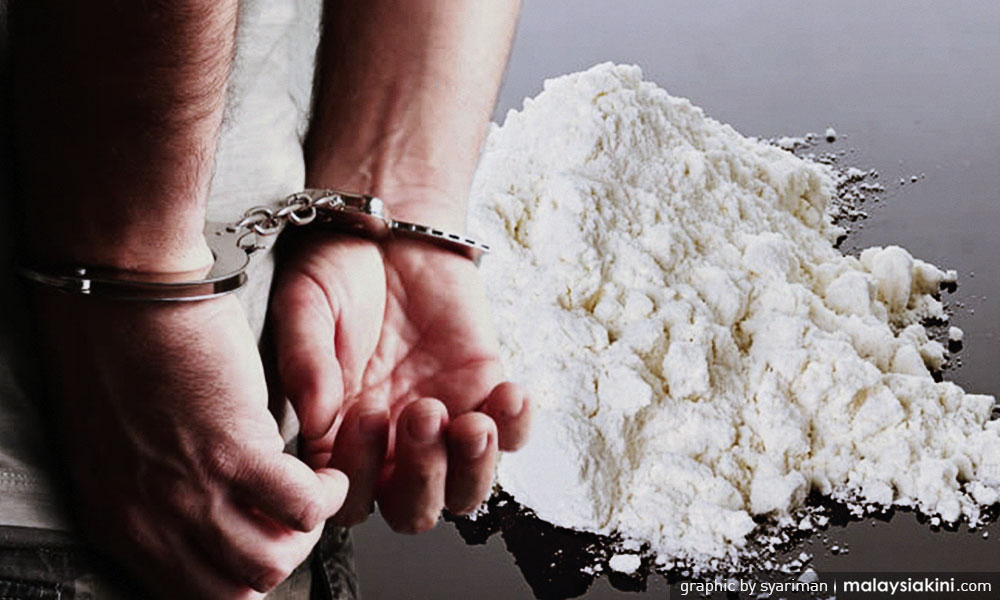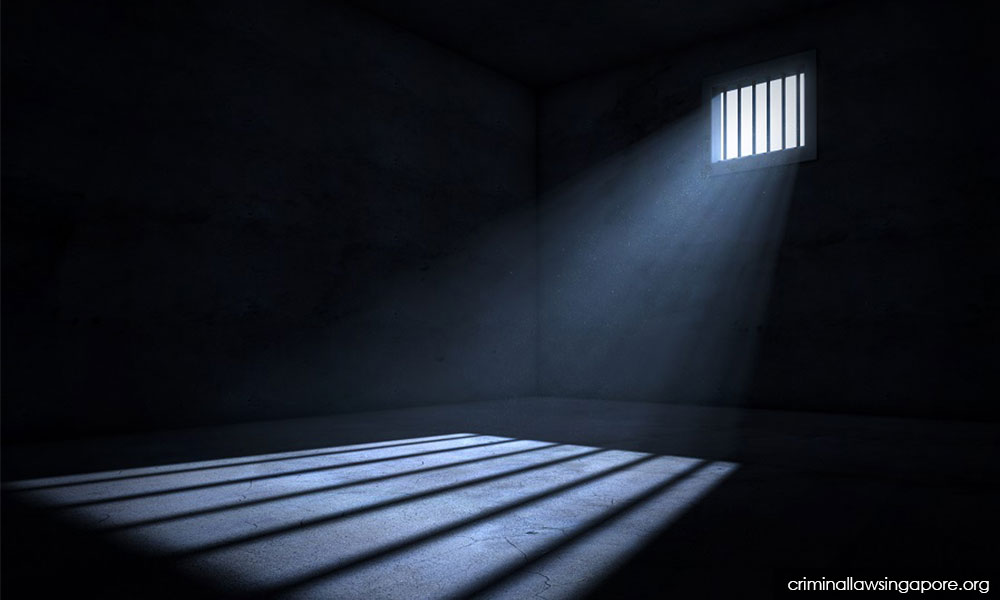Media Statement – 17/6/2021
Recognition including Covid-19 protection for Refugees and Asylum Seekers to Fulfil Constitutional Guarantee
Malaysia Needs Refugee and Asylum Seeker Act
MADPET(Malaysians Against Death Penalty and Torture) calls for legal recognition by law of Refugees and Asylum seekers in Malaysia. Currently, Malaysian law recognizes only documented migrants and undocumented migrants – it does not recognize refugees or asylum seekers.
Response to refugees based on vague non-transparent policy must end. Federal Constitution places an obligation to treat ALL in Malaysia equally – including foreigners, refugees, asylum seekers and the stateless, and such treatment in combatting Covid is certainly smart.
Malaysia, being not a party to the 1951 Refugee Convention, which makes it all the more important for Malaysia to have its own law on refugees and asylum seekers, which will also clearly legalize the presence of refugees and asylum seekers in Malaysia, and also determine their rights and obligations in law.
Good caring history with regard refugees and asylum seekers
Malaysia has an impressive history of accepting and providing sanctuary for refugees including Vietnamese Boat People, Palestinians, people from Myanmar, Aceh and many others.
In May 2021, 179,570 refugees and asylum seekers were registered with United Nations High Commission for Refugees (UNHCR) in Malaysia. 156,000 from Myanmar, where about 103,000 were Rohingyans and the rest were Chin and people of other ethnic groups who fled conflict areas or persecution. There are refugees from 50 other countries, including Pakistan, Yemen, Syria, Somalia, Afghanistan, Sri Lanka, Iraq and Palestine. UNHCR figures may be low compared to the reality in the country.
Vague ever-changing Policy inadequate and unjust
Malaysian government response to date on refugees seems to be on the basis on unclear government policies of the government of the day, which is inadequate. One such policy seems to be a preferential treatment of undocumented migrants that have UNHCR cards or documentation, who will not be arrested as undocumented migrants, and will be released from detention if arrested. What about those still being or yet to be processed to determine whether they are refugees?
In the near past, Malaysia seemed to have accepted and provided for Rohingya refugees and asylum seekers, but this seems to have arbitrarily changed lately, when a poster by the National Task Force (NTF), had the words in Bahasa Malaysia, read (translation): "Ethnic Rohingya Migrants, Your Arrivals Are Uninvited". The Prime Minister and the government of the day must explain, as currently no Minister is specifically tasked with responsibility for refugees and asylum seekers. Tomorrow, Malaysia may even oust Palestinian refugees.
We recall in February 2021, when the PN-BN plus Malaysian government, despite a court order, proceeded to send 1,086 individuals out of 1,200 back to Myanmar – when many sent back could have been refugees or asylum seekers based on international standards. Until determination of whether one is a refugee or an asylum seeker is made, no one seeking such status should be deported. A specific law on refugees and asylum seekers will have to cover applicant for refugee status.
Opposition parties position on refugees, asylum seekers and migrants?
In Anwar Ibrahim, the Opposition leader’s Tweeter account, in 2020 June, a reply to his tweet reminds us that ‘Refugees are among the most vulnerable people in this world that have fled their homes and country to avoid a well-founded fear of persecution because of their race, religion, nationality, social affiliations or political opinion.’
Anwar himself exercised this right of an asylum seeker, when he sought temporary asylum in the Turkish embassy in 2008, and as such he and the Pakatan Harapan really should be for the protection of refugee and asylum seeker’s rights. Many of our politicians also experienced persecution under the Internal Security Act(ISA) and other laws, and as such should understand the need for a refugee and asylum seeker law.
Alas, when Pakatan Harapan Plus government was in power, and even today, one is still unclear on the position of PH, PKR, DAP, Warisan, PAS and the other parties on the issue of refugees and asylum seekers – maybe the silence is simply a ‘strategy’ to not affect votes come next elections. This is sad, as we expect these ‘alternative leaders and parties’ to clearly express their position on all issues affecting Malaysia including on migrant workers, refugees and asylum seekers – what will they do if we, the people, give them the power to govern.
Equal Treatment of ALL Persons, CRC and Human Rights obligations
Education and registration of births for these asylum seekers and refugees is also a major concern. A clear law will be able to overcome these problems, more so since it also affects many children, and Malaysia has ratified the Convention on the Rights of the Child in 1995. How many children of asylum seekers and refugees are denied birth certificates, education and other fundamental rights?
Malaysia, being a caring nation, should be different from some other countries in the treatment of refugees and/or asylum seekers.
The Human Rights Commission (Suhakam), recently also stated, that “The government should commit to strictly observe the international principle of non-refoulement of refugees and asylum seekers and instead undertake to protect and provide the migrant and refugee community with the necessary assistance to be able to live their lives in dignity, able to seek work, access to education, healthcare and shelter whilst in the country,”(Malaysiakini, 15/6/2021)
In response to the Covid-19 pandemic, where the government advocates mass vaccination of everyone, it is foolish to just be vaccinating Malaysians, and not other foreigners or stateless persons that also now live within our communities – which, by the waY is also in line with our Federal Constitution that guarantees equality for all persons, meaning citizens and non-citizens in Malaysia. Article 8(1), states ‘(1) All persons are equal before the law…’
Covid-19 Response Failings – when 14.5% of 2,650 Fatalities Brought in Dead(BID)
It was shocking that the Minister of Health, Datuk Seri Dr Adham Baba, recently revealed that 14.5 per cent of Malaysia’s total 2,650 Covid-19 fatalities involved Brought in Dead (BID) cases as of May 29, 2021(Malay Mail, 31/5/2021). One wonders how many of these were undocumented migrants(including refugees and asylum seekers), who fear arrest if they seek healthcare. One wonders how many more died by reason of Covid-19, and may be buried ‘secretly’ as they are undocumented migrants, refugees or asylum seekers.
UNHCR and UN must provide for food, board and Covid Vaccinations/Healthcare
In the past, the UNHCR provided food and board for these asylum seekers or refugees, but today this does not happen. Question arises as to how they will live, so naturally many may be forced to work as undocumented migrants. Any country can allow entry and stay of refugees/asylum seekers, but the United Nations must cover this cost of stay including for healthcare and Covid vaccination. The UN’s failures forces many to refugees to work as undocumented workers, which may be affect State’s policy and even diplomatic relationship. Malaysia must also call for the UN to fully bear the cost of food, board and healthcare, as iwas done in the past by the UN.
MADPET reiterates the call for the speedy enactment of a Refugee and Asylum Act in Malaysia, that will finally acknowledge that some of the undocumented migrants are in fact asylum seekers or refugees;
We call for Malaysia to be consistent with the constitutional guarantee, of treating all persons(not just citizens) equally, more so in Malaysia’s response to this Covid pandemic.
Pending the enactment of Refugee and Asylum Act, Malaysia must disclose a clear written policy on refugees and asylum seekers, including also the issuance of identification documents, rights on work, education, healthcare, registration of marriage/birth and deaths and other relevant matters.
MADPET calls on the United Nations to revive the practice to bear the cost of food, board, education and healthcare of refugees and asylum seekers, including the applicants of such status, in Malaysia and other countries. It is a global responsibility, and unfair that the cost be borne by just the receiving State; and
MADPET calls on Malaysia to be caring to all persons in Malaysia, respect the principle of non-refoulement of refugees and asylum seekers and advocate justice and human rights, even during this difficult times brought about by the Covid pandemic.
Charles Hector
For and on behalf of MADPET(Malaysians Against Death Penalty and Torture)
National Task Force panned for 'hypocrisy' against Rohingya refugees
The National Task Force in charge of border patrols and other enforcement activities during the current movement control order period has been taken to task for its warning to the Rohingya minority escaping Myanmar's junta regime that their arrival in Malaysia is not welcome.
Migrant rights activists said the stand taken by the NTF today was hypocritical, particularly in light of the government's support for the Palestinians, many of who were forced to escape attacks by Israel's Zionist regime.
The Immigration Department had taken to Twitter this afternoon and shared a poster from the NTF which showed three armed personnel from the police, army and maritime enforcement bodies against a background of refugees sailing in wooden boats on the high seas.
The wordings, in Bahasa Malaysia, read (translation): "Ethnic Rohingya Migrants, Your Arrivals Are Uninvited".
"The masterminds and syndicates involved will be hunted down to crack down on cross-border and other crimes," said the department further on Twitter.
Amnesty-International Malaysia executive director Katrina Jorene Maliamauv described NTF's message as "despicable" and "grotesque".
"It is despicable to say to a community of people who have undergone ethnic cleansing, who have endured unimaginable brutality for generations, that they are not only unwanted in our country but that we will use brute force against them.
"It is also particularly grotesque coming from leaders who will crow to the international community about their concern for Palestinians one week, then in the very next breath, threaten violence against others who are traumatised and displaced," she told Malaysiakini when contacted.
"How does the Malaysian government justify that hypocrisy?" she stressed.
On Twitter, critics reminded the Malaysian government of its gatherings held in solidarity with Rohingya refugees, including a major 2016 rally that united top Umno and PAS leaders led by then prime minister Najib Abdul Razak.
Others who mocked the message also questioned whether Rohingya refugees attempting to enter Malaysia would be able to read it.
North-South Initiative executive director Adrian Pereira said the government has wrongly identified migrants and Rohingya refugees as its enemy, particularly in the current war against Covid-19.
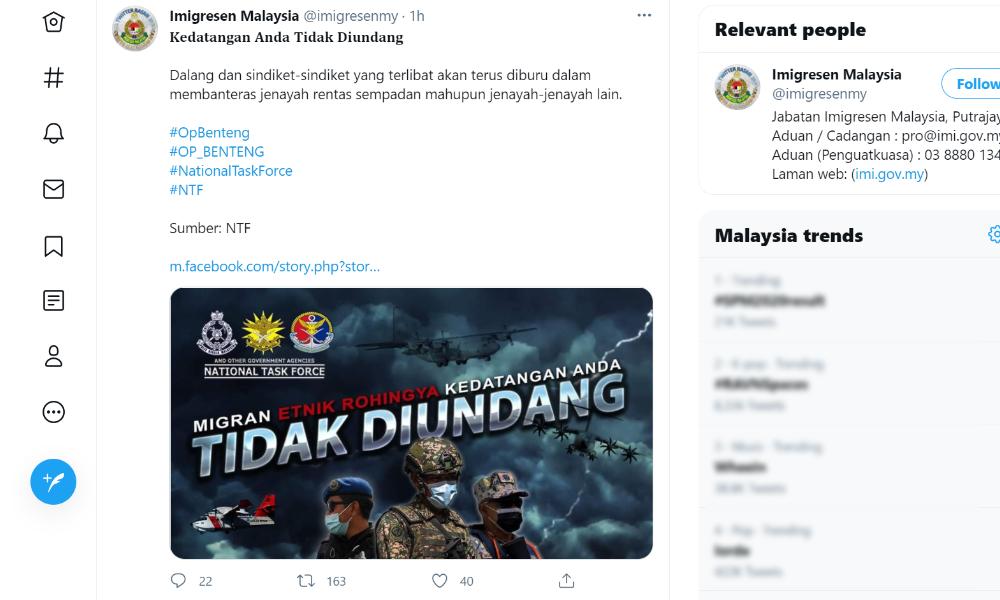
"This is unnecessary propaganda which is creating a negative public perception The real enemies are the traffickers and smugglers. Not refugees and asylum seekers," said Pereira.
He further cited unresolved issues highlighted in at least two major government reports on the management of migrant workers here including those who were undocumented.
"We are not saying stop all enforcement but don’t create false perceptions of the (migrants) issue," he said.
Malaysia is not a signatory to the 1951 Refugee Convention or the 1967 Protocol and lacks a legal or administrative framework to regulate the status and rights of refugees.
'Impact on refugees here'
Both Maliamauv and Pereira noted that the warning - purportedly to deter new refugee arrivals - would instead cause more harm to migrants already here further compounding the increased xenophobia and racism seen since the beginning of the Covid-19 pandemic last year.
"They’ve talked about the serious impact on their mental health, about receiving threats to their lives.
"There has been a rise in suicides among migrants and asylum seekers," said Maliamauv.
"Make no mistake, 'strategic communications' and policies like these foster a climate of hatred, violence and xenophobia. They harm lives, they punish people for trying to survive, they justify discrimination.
"We can choose to spend so much money and resources on acts of violence and hatred or we can create a response of care and protection," she said.
Pereira, meanwhile, reiterated that any form of a crackdown against refugees or migrants would ultimately push them further into hiding and impact the National Covid-19 Immunisation Programme.
At around 9pm tonight, it was discovered that the Immigration Department had deleted the tweet with no further explanation.
Malaysiakini has contacted its director-general Khairul Dzaimee Daud for comments.
Home Minister Hamzah Zainudin had, prior to the start of the movement control order earlier this month, announced another major crackdown on migrants here, earning brickbats from various rights groups.
He, however, justified the operations as part of the government's attempts to protect Malaysians and "assist undocumented migrants" to get vaccinated on top of assuring they would be given the option of being deported or legalised under the labour recalibration programme.
Despite intense criticism, Hamzah yesterday said his ministry will continue cracking down on migrants during the ongoing total lockdown. - Malaysiakini, 11/6/2021
Suhakam tells govt to protect refugees, recognise UNHCR
The Human Rights Commission (Suhakam) has urged the government to protect migrants and refugees instead of employing “strong-arm enforcement” and negative portrayals.
In a statement last night, it expressed concern over recent statements “portraying migrants, undocumented or irregular migrants, refugees and asylum seekers as a threat to the safety and security of the country”.
Suhakam did not specify who had made those statements.
Last week, the National Task Force came under fire for a poster warning Rohingya refugees escaping Myanmar’s junta regime that they were “not welcome” in Malaysia.
The poster featured gun-toting personnel and was shared by the Immigration Department on social media. The post was deleted following outrage and criticism of hypocrisy.
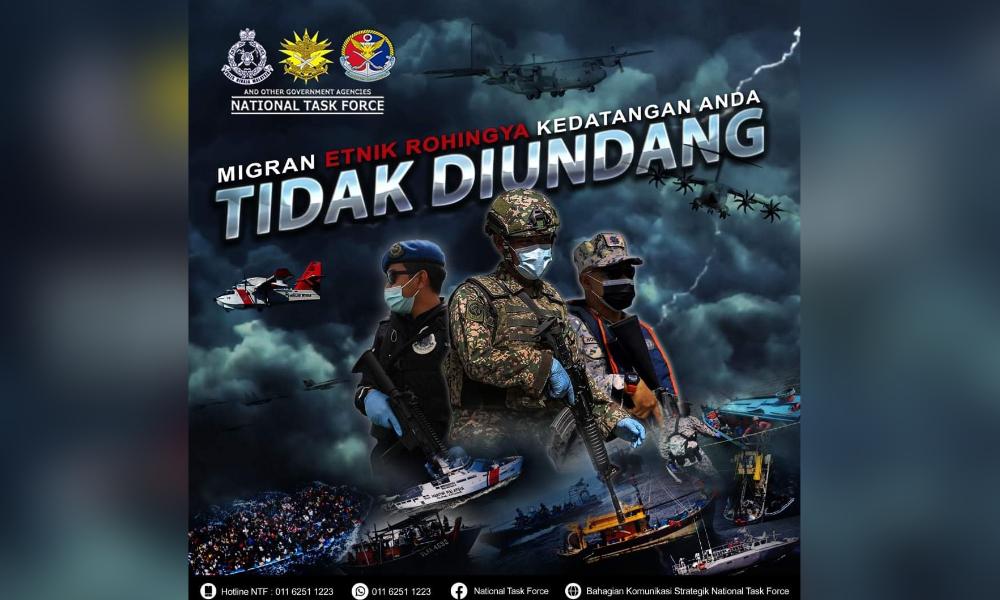
Suhakam urged Putrajaya to be consistent in its stand against xenophobia.
“The Malaysian government has been condemning xenophobia at international fora and should do the same in the country.
“We should work towards typifying the spirit of empathy and humanity that Malaysians are known for.
“The government should commit to strictly observe the international principle of non-refoulement of refugees and asylum seekers and instead undertake to protect and provide the migrant and refugee community with the necessary assistance to be able to live their lives in dignity, able to seek work, access to education, healthcare and shelter whilst in the country,” it said.
Malaysian law does not recognise or differentiate refugees from other migrants.
Suhakam further urged the government to acknowledge the UN refugee agency UNHCR.
“It is also important to recognise the role of UNHCR and the issuance of UNHCR cards which affords refugees and asylum seekers with some protection and ‘legality’ to remain in the country,” it said.
Home Minister Hamzah Zainudin recently warned the UNHCR against “simply issuing” the agency’s cards to refugees without proper vetting.
He also defended immigration’s move to bar UNHCR from entering immigration detention centres to identify refugees. The ban has been in place since August 2019.
The minister opined that “the majority of Malaysians do not agree with the huge number of refugees who made Malaysia their destination of choice as it might lead to various social ills”.
Raids harm herd immunity
Suhakam also remarked that the government’s “strong-armed enforcement” on migrants could jeopardise its own Covid-19 vaccination drive.
Immigration began cracking down on undocumented migrants during the total lockdown and is set to continue doing so amidst the Covid-19 pandemic.
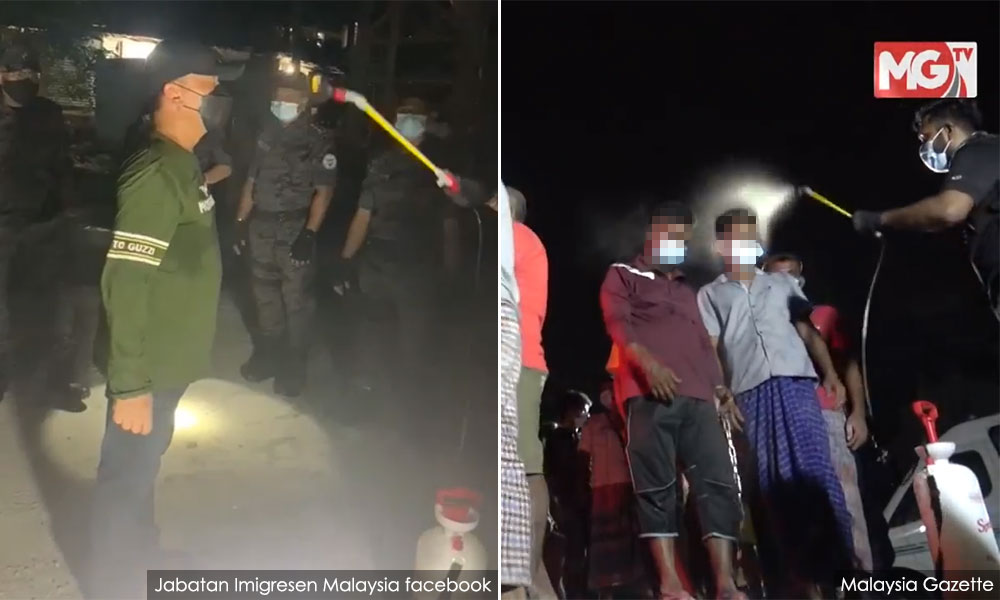
A raid last week saw immigration officers spraying arrested migrants with disinfectant, sparking public outrage over the inhumane and unscientific practice.
“Suhakam reminds the government of its commitment to Article 56 of the Asean Consensus on the Protection and Promotion of the Rights of Migrant Workers, to closely cooperate to resolve the cases of migrant workers who, frequently become undocumented due to no fault of their own.
“Instilling fear through threats of arrests and detention of undocumented foreigners is counter-productive, in light of ongoing efforts to overcome the pandemic and the urgency to achieve herd immunity,” said the commission.
Suhakam’s concerns echo that of the All Party Parliamentary Group Malaysia for the Reform of Prisons and All Places of Detention, opposition MPs and human rights groups. - Malaysiakini, 15/6/2021
Malaysia's Anwar taking refuge at Turkish embassy
KUALA LUMPUR (Reuters) - Malaysia’s de facto opposition leader, Anwar Ibrahim, took refuge at the Turkish embassy on Sunday for security reasons, his party said, hours after an allegation that he had sodomised an aide, a claim which he denied.
“He
is there for protection but he is not seeking political asylum,” Tian
Chua, the spokesman for Anwar’s political party, said by telephone. “We
just want to make sure that he is secure.” Turkish diplomats were not
immediately available for comment. - Reuters, 29/6/2008


